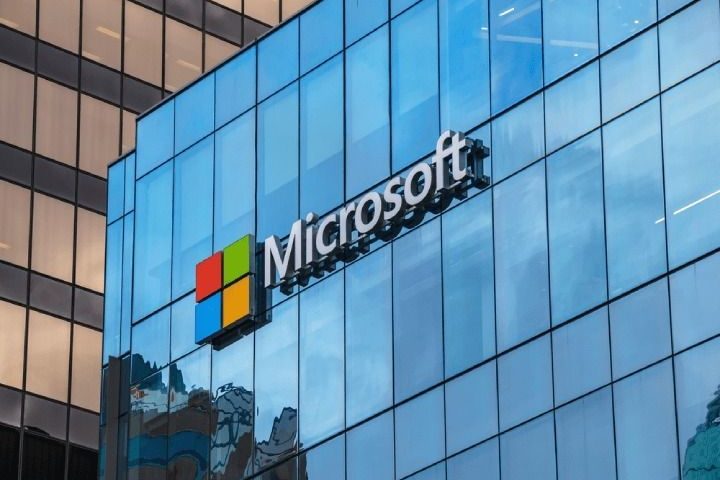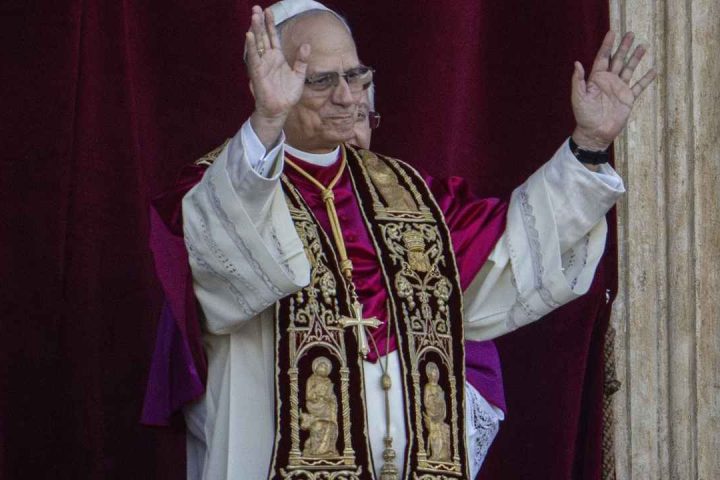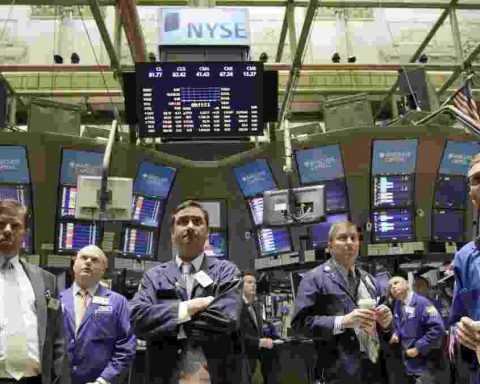HSBC Holdings is set to take a major financial blow after a Luxembourg court ruled against the bank in connection with the long-running Bernard Madoff investment scandal. The decision, announced this week, mandates that HSBC pay approximately $1.1 billion in compensation linked to funds associated with Madoff’s fraudulent investment operations. This ruling reignites one of the most notorious cases in modern financial history and underscores how its ripple effects continue to haunt global institutions.
The case dates back to the early 2000s, when Madoff’s investment firm operated one of the largest Ponzi schemes in history, defrauding investors of more than $60 billion. HSBC was among the banks that provided custodial and administrative services to investment funds later discovered to be tied to Madoff’s operations. While the bank did not directly invest with Madoff, the court found it liable for failing to properly oversee the flow of investor money through these funds.
According to reports, the Luxembourg court determined that HSBC’s negligence allowed fraudulent activities to persist undetected. The judgment emphasized that financial institutions have a duty to implement stringent oversight mechanisms, especially when managing third-party funds. The court’s findings highlighted the importance of compliance and due diligence, noting that oversight failures at such a scale cannot be dismissed as procedural errors. HSBC has stated that it will review the decision and consider potential avenues for appeal.
This ruling comes at a sensitive time for the global banking industry, which has faced mounting pressure to strengthen regulatory compliance and risk management practices. For HSBC, the $1.1 billion charge will impact its upcoming quarterly earnings, adding to an already challenging year marked by cost-cutting efforts and strategic realignments. Analysts suggest that while the bank is financially strong enough to absorb the hit, the reputational impact may prove more significant, especially among institutional clients.
The Bernard Madoff scandal continues to serve as a cautionary tale for financial markets. Even years after Madoff’s death in 2021, lawsuits and compensation claims remain unresolved across multiple jurisdictions. Many institutions involved in facilitating investments have been forced to revisit their compliance frameworks and restore investor confidence. The latest decision against HSBC reflects a broader global trend toward holding financial intermediaries accountable for lapses in oversight, even if they were not directly involved in fraudulent schemes.
In its statement following the ruling, HSBC emphasized that it was “disappointed” by the outcome and maintained that it acted in good faith within the boundaries of its role as a service provider. The bank has already set aside provisions to manage litigation risks related to legacy cases, but this judgment will nonetheless contribute to near-term financial strain. Industry observers note that this may prompt other banks to reassess their historical involvement in similar investment structures.
Financial experts believe that the case could reshape how banks approach risk governance in the future. With regulators worldwide tightening control over cross-border fund management, institutions may need to invest more in compliance technology and independent audits. The outcome also signals to investors that courts are increasingly willing to hold large corporations accountable for enabling financial misconduct, whether through negligence or lack of due diligence.
While HSBC remains one of the world’s largest and most resilient banks, this ruling marks a sobering reminder of the enduring costs of financial mismanagement. It also illustrates the global financial system’s interconnectedness—where the failure of one fraudulent actor can expose weaknesses across institutions and continents. As HSBC prepares to absorb the $1.1 billion setback, the case reinforces a clear message: in an age of heightened transparency and accountability, oversight failures come with a heavy price.














